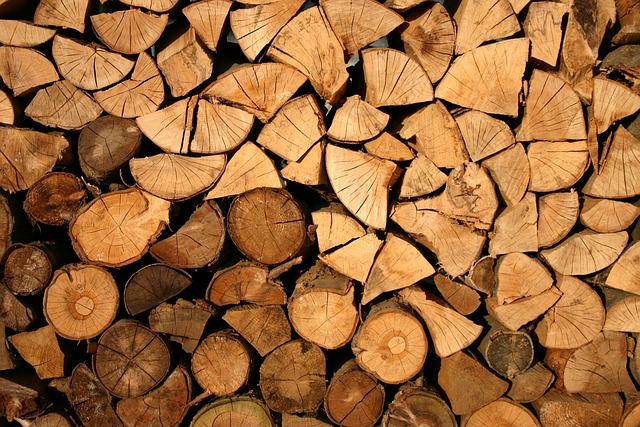In a world where environmental concerns loom larger than ever, the intricate relationship between deforestation and climate change reveals a troubling yet essential narrative. This narrative highlights the codependency that exists between the two, compelling us to reconsider our choices and behaviors towards the planet.
Forests, often referred to as the lungs of our Earth, play a critical role in absorbing carbon dioxide and regulating our climate. However, the ceaseless drive for agricultural expansion, urbanization, and logging has led to the relentless stripping away of these vital carbon sinks. As we cut down trees, we not only lose precious biodiversity but also release stored carbon back into the atmosphere, exacerbating climate change. This vicious cycle of codependency raises an alarming question: how can we restore balance?
Every tree that falls is not just a loss in the ecosystem; it is a loss of life, a loss of habitat, and a loss of stability in the climate. The act of deforestation triggers a cascading effect that impacts weather patterns, alters rainfall distribution, and can even contribute to severe weather events. As a rising tide of climate-related disasters sweeps across the globe, the connection between our deforestation practices and the erratic behavior of our climate becomes undeniable. The emotional weight of witnessing once-thriving habitats transform into barren landscapes resonates deeply within those of us who cherish nature.
It’s essential to recognize that our daily choices contribute to this codependency. The coffee we drink, the paper we use, and even the wood used in our homes can all have significant implications for forest health. By understanding this link, we can empower ourselves to make informed choices—supporting sustainable products, advocating for forest conservation, and taking grassroots actions in our communities.
Moreover, indigenous communities play a vital role in countering deforestation, often acting as guardians of their ancestral lands. Their traditional knowledge and sustainable practices hold keys to effective forest management that restores balance and fosters resilience against climate change. Recognizing and supporting these communities as stewards of the forest is crucial in breaking the cycle of codependency that has led us to our current predicament.
Initiatives such as reforestation, agroforestry, and sustainable land-use practices emerge as beacons of hope, showcasing how we can begin to mend the rift between deforestation and climate change. By restoring forests and implementing eco-friendly practices, we not only combat the symptoms of climate change but also tend to the root causes linked to our choices.
As we navigate through this environmental crisis, it becomes increasingly important to foster a greater awareness of how our actions are interconnected. The codependency between deforestation and climate change is not merely an academic concept—it is a vivid representation of our collective responsibility to future generations and the planet. Together, we can seek solutions that reconnect us with nature, reaffirming our commitment to healing our Earth and, in turn, ourselves.




